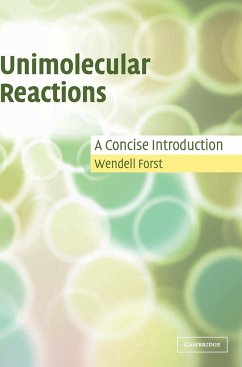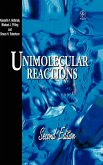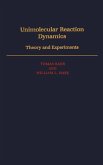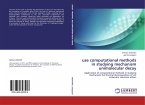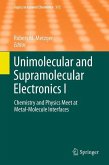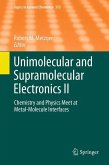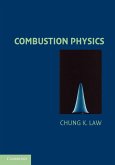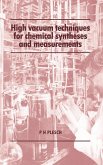Short description/annotation
This graduate level textbook covers the basics necessary for the understanding of RRKM theory.
Main description
The statistical theory of unimolecular reactions is now universally known as RRKM theory. This textbook covers the basics necessary for the understanding of RRKM theory in its original and variational, phase-space and angular momentum-conserved incarnations. After a review of the Kassel quantum model and the theory of Slater, the specific-energy RRKM rate constant k(E) is derived. The argument is then extended to the angular momentum-dependent rate constant k(E,J), to non-classical effects (tunneling and non-adiabatic transition), and the general problem of angular momentum conservation. A long chapter is devoted to the counting of quantum states. The chapter on thermal systems discusses both analytical and numerical solutions and is later extended to include the variational approach and discussion of exit channel effects. Containing many problem sets and solutions, the book is targeted at graduate and advanced undergraduate students studying chemical dynamics, chemical kinetics and theoretical chemistry.
Table of contents:
Introduction; 1. The RRK model; 2. Outline of the theory of Slater; 3. The RRKM rate constant; 4. Calculation of energy level densities; 5. Unimolecular reactions in a thermal system; 6. Non-classical effects near barrier maximum; 7. A variational transition state theory; 8. Unimolecular decomposition under a central potential; 9. Non-central potential and exit channel effects; Appendices; Answers to selected problems.
Hinweis: Dieser Artikel kann nur an eine deutsche Lieferadresse ausgeliefert werden.
This graduate level textbook covers the basics necessary for the understanding of RRKM theory.
Main description
The statistical theory of unimolecular reactions is now universally known as RRKM theory. This textbook covers the basics necessary for the understanding of RRKM theory in its original and variational, phase-space and angular momentum-conserved incarnations. After a review of the Kassel quantum model and the theory of Slater, the specific-energy RRKM rate constant k(E) is derived. The argument is then extended to the angular momentum-dependent rate constant k(E,J), to non-classical effects (tunneling and non-adiabatic transition), and the general problem of angular momentum conservation. A long chapter is devoted to the counting of quantum states. The chapter on thermal systems discusses both analytical and numerical solutions and is later extended to include the variational approach and discussion of exit channel effects. Containing many problem sets and solutions, the book is targeted at graduate and advanced undergraduate students studying chemical dynamics, chemical kinetics and theoretical chemistry.
Table of contents:
Introduction; 1. The RRK model; 2. Outline of the theory of Slater; 3. The RRKM rate constant; 4. Calculation of energy level densities; 5. Unimolecular reactions in a thermal system; 6. Non-classical effects near barrier maximum; 7. A variational transition state theory; 8. Unimolecular decomposition under a central potential; 9. Non-central potential and exit channel effects; Appendices; Answers to selected problems.
Hinweis: Dieser Artikel kann nur an eine deutsche Lieferadresse ausgeliefert werden.

